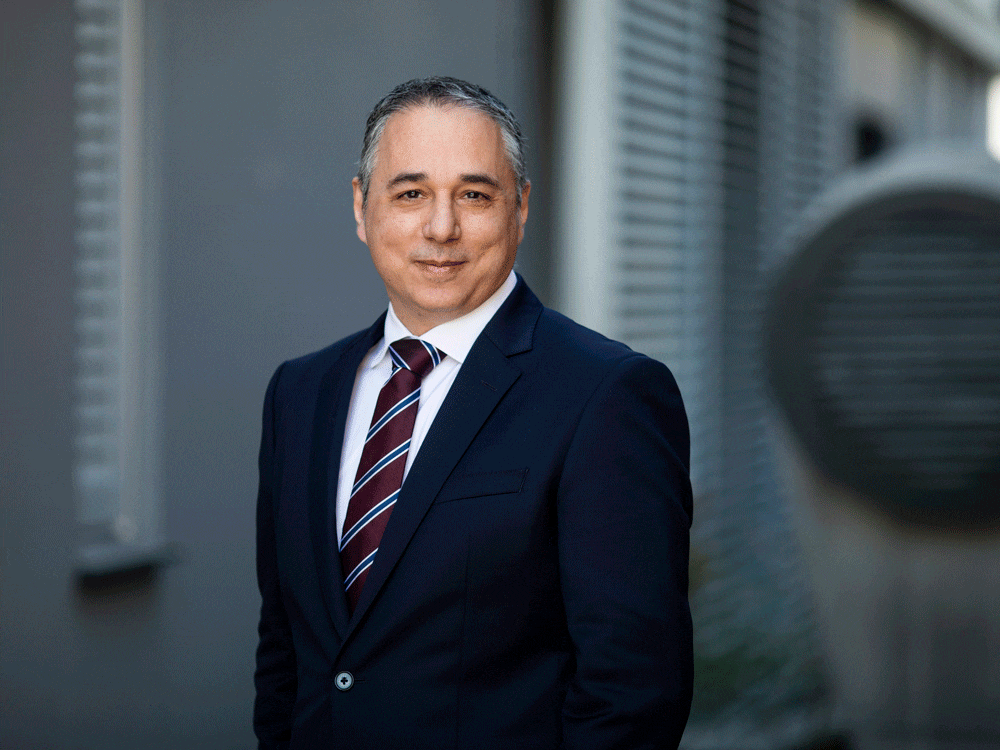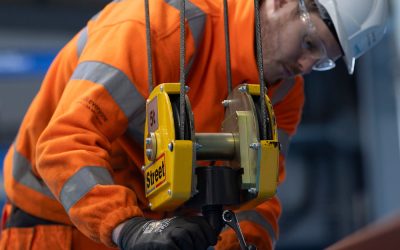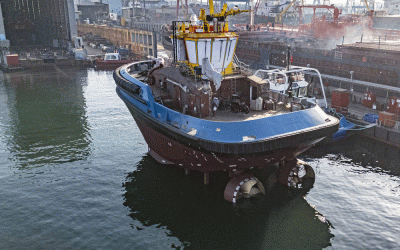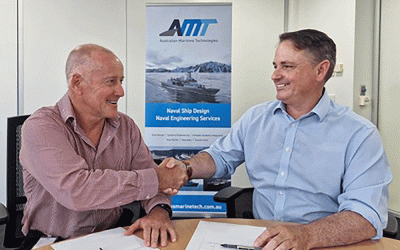Introducing viable alternative fuels for vessels comes with plenty of challenges, mostly related to performance, availability and cost. However, the maritime sector has identified another potential problem: the need to update Standards of Training, Certification and Watchkeeping for Seafarers (STCW) requirements to ensure that crew are adequately trained in the handling and storage of these novel zero-emission/near-zero-emission fuels.
Across the global fleet, this could necessitate the training of as many as 800,000 seafarers by the 2030s, according to research commissioned by the Maritime Just Transition Task Force: an initiative set up in late 2021 by IMO, the International Transport Workers’ Federation (ITF), the UN Global Compact and the International Labour Organization (ILO). Even though the majority of seafarers currently handling alt-fuels are employed in the small-to-medium-sized vessel segments, it won’t be so long before more widescale training for bigger ship types becomes necessary – barring a drastic reversal of international regulatory policy.
Marinos Kokkinis, MD of e-learning provider OneLearn Global (OLG), is an advocate of amending the STCW requirements as soon as is reasonably possible. “There is still so much we need to learn about green fuels, but we need to be looking at the framework of our training now, and the STCW standards need to be updated to reflect how our landscape is changing,” he says. It’s not just about the alternative fuels themselves, Kokkinis adds: energy storage systems, alternative propulsive arrangements and safety protocols need to be properly understood.
With regard to safety, for example, it’s known that ammonia is toxic and can result in burns, respiratory problems and even death for crew members in the event of a leak or spill. Ammonia is also corrosive and highly flammable. Similarly, methanol has a low flashpoint of 11°C, meaning it can ignite easily and therefore requires specially designed tanks, double-walled piping and close-to-hand fire suppression systems. Kokkinis tells Ship & Boat International: “Despite the amendments to the seafarers mandatory training requirements by the IGF code, covering mainly the use of LNG on dual-fuel ships, there is a long way to go in covering more detailed operations such as bunkering, and to cover other alt-fuels such as ammonia, methanol, biofuels, hydrogen and battery-electric systems. There is a noticeable lag in the marine sector concerning green fuel awareness and training.”
He continues: “This deficit could raise concerns. The lack of preparation, if not promptly addressed, has the potential to impede progress and become a risk factor to the safety of crew and the environment. It is imperative that the OEMs and shipyards delivering vessels with [these] new technologies should cooperate closer with IMO and the maritime educational institutes, as well as with shipowners and ship managers, to develop and deliver training solutions.”
On one hand, Kokkinis believes that adoption of suitable revisions to STCW standards should be accomplishable by 2030. However, he opines: “This is already too late; we would have wished for these amendments to be delivered much faster and earlier. IMO and member governments must be alerted of the dangers of leaving the training standards for alternative fuels unregulated.”
The success of such training courses will largely depend on industry appetite, of course. Kokkinis says: “The mood among shipowners and crews regarding the necessary extra training varies. I believe that the majority within the industry recognise the importance of upskilling for the transition to green fuels and view it as an investment in the sector’s future and especially in safety. A few others may perceive it as an additional hassle and operational burden. Overall sentiment in the maritime sector suggests a growing awareness of the necessity for training, although with a spectrum of attitudes towards embracing change and sustainability initiatives.”
It will be important to avoid sudden, urgent spikes in demand for these courses, and potential bottlenecks, Kokkinis adds. “We must also admit there is a limited number of experts in this subject matter, since not many seafarers have gained such experience, which results in a lack of qualified trainers and instructors,” he says.
IMO does not appear to be slacking on OLG’s call for change: in December 2023, during COP 28 in Dubai, the Maritime Just Transition Task Force announced a new project to accelerate the roll-out of alt-fuel handling training to seafarers. The project will be led by IMO and the Maritime Just Transition Task Force secretariat, with Lloyd’s Register developing the training framework for seafarers and officers, as well as a handbook for training institutions. The Malmö-based World Maritime University (WMU) will also assist the project.
The aim is to develop the necessary training materials by mid-2025. Following initial testing of these materials in Asia, to be coordinated by the WMU, a final, comprehensive training package will be approved and made available to all IMO member states for potential use by their maritime education and training institutes.




